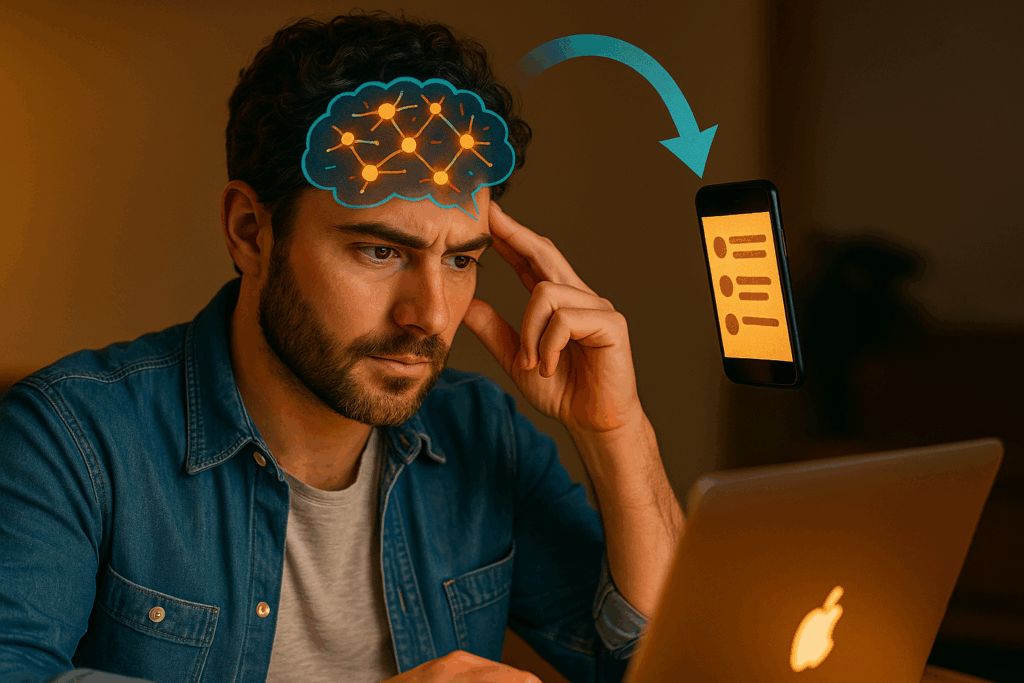Free Will in the Age of Recommendation Engines
Once upon a time, free will meant choosing between coffee or tea. Now it means choosing between “For You” Page or “Suggested for You.” Every day, billions of people wake up, check their phones, and let invisible curators line up their experiences like digital concierges. We like to think we’re in control — but let’s be honest: the algorithm already knows what we’ll click before we do. So, if we spend our mornings arguing about politics on Reddit, our afternoons impulse-buying ergonomic desk lamps, and our nights doom-scrolling nihilistic memes… is that us — or the code whispering behind the screen?
The Quiet Architects of Choice
Recommendation engines aren’t villains — they’re just brutally efficient librarians. They don’t want to control you; they just want to help.
- Netflix gently insists you’ll “absolutely love” another time-loop thriller.
- Spotify slides in with “songs to match your mood” (which it also defined for you).
- TikTok completes your personality profile before your morning coffee cools.
Each of these systems is designed not to dictate — but to predict. And in predicting, they subtly reshape what’s possible for you to choose. This is where the line between influence and autonomy blurs. We don’t notice the walls of our digital gardens until we try to step outside them — and realize the gate was never really ours to open.
The Psychology of the Perfect Click
The trick isn’t force. It’s frictionless persuasion.
Recommendation engines are built on a deep understanding of human psychology — curiosity, novelty, validation, outrage. They don’t need to command you; they just gently tilt the playing field. Every “like,” every linger, every scroll teaches them not just what you want, but who you are becoming.* And that’s the unnerving part: these systems don’t merely reflect our desires — they shape them.
If you tell an algorithm to maximize engagement, it learns the same truth every demagogue has known since time began: outrage and comfort sell better than truth and doubt.
The Myth of Infinite Choice
We were told the internet would liberate us — infinite content, infinite connection, infinite possibility. Instead, most of us live in algorithmic terrariums: cozy, well-lit, and endlessly personalized.
Yes, you can technically watch anything — but in practice, you’re watching what twelve lines of machine learning code nudged your dopamine toward.
You could say no. You could search for something new. But it’s easier — and honestly more pleasant — to stay within the stream.
Choice still exists. It’s just been automated for convenience. Free will outsourced to a UX team in Mountain View.
So, Are We Still Free?
Let’s not get too apocalyptic. Humans have always been influenced — by culture, religion, advertising, even peer pressure. The difference is that algorithms scale influence beyond anything evolution prepared us for. When 2 billion people get nudged a few pixels at a time, civilization itself starts to drift — not through tyranny, but through gentle, profitable predictability.
We still have free will, technically. It just now comes bundled with terms and conditions.
The Hitchhiker’s Takeaway
If Douglas Adams were alive today, he might have said:
“The algorithm is almost, but not quite, entirely unlike free will.”
So what’s the answer?
Maybe it’s to become a little more conscious of our unconscious scrolling. To remember that the act of choosing what to pay attention to is the last true superpower we have left online. nAnd if we can keep that awareness alive — amidst all the pings, pushes, and perfectly timed notifications — then perhaps free will isn’t dead.
It’s just learning to navigate an interface.
In Other Words:
The algorithm didn’t make you do it. It just made doing it feel inevitable.



